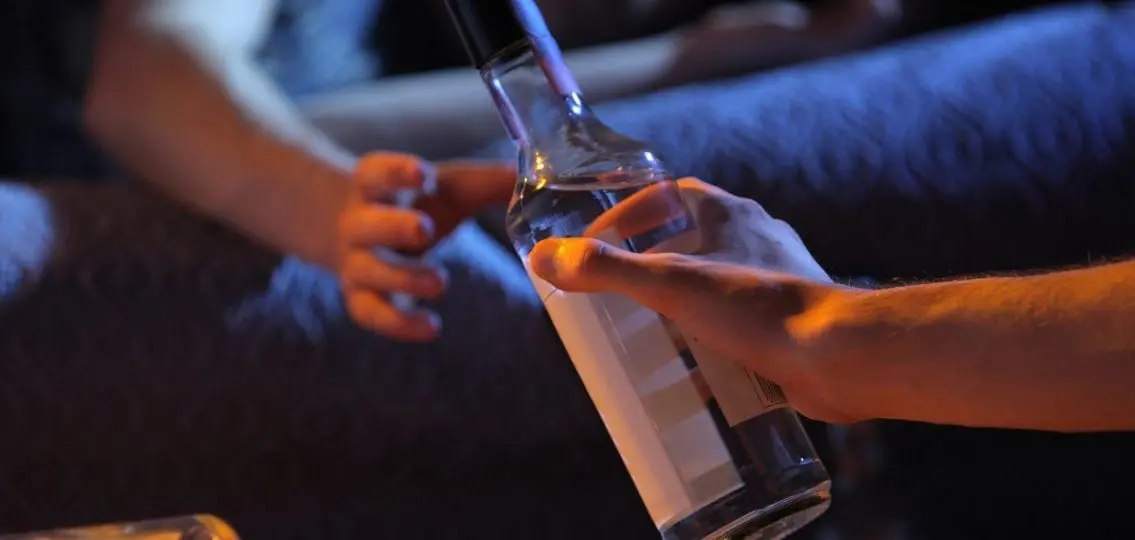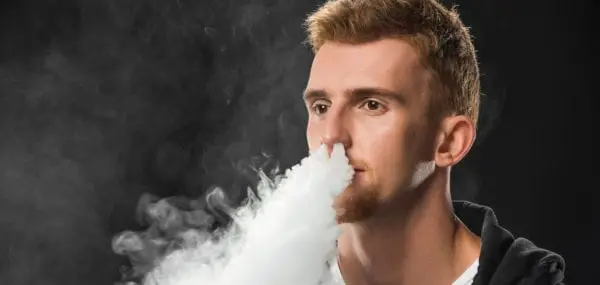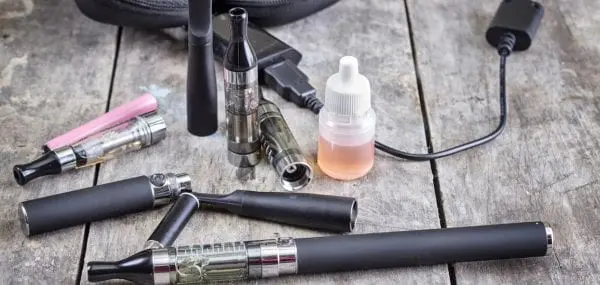Dear Your Teen:
My husband is a recovering alcoholic. He made the decision not to tell our children (ages 21, 19, and 15). My two older boys absorbed our message about underage drinking and did not experiment. My 15-year-old daughter is different; she has already experimented. I found out because I read a text. When confronted, she lied and then said, “Because I wanted to.” We had a long talk about consequences of drinking.
Also, she was at a party where the mom gave my daughter Jello shots. Again, when confronted, she lied. I sent the mom a text. I didn’t cast blame, I just asked her to keep an eye on my daughter next time she is around alcohol because my daughter had taken Jello shots at her house. She never responded!
What should be the consequences? Should I call the mom since she hasn’t responded to my text? Should I tell her that her father is an alcoholic? Should I be harsher with the punishment? How do I deal with other parents who think it is ok to give my daughter alcohol?
EXPERT | Dr. Melissa Deuter
Thank you for sharing your questions on alcoholism and the family. Your situation is complicated, and it is the kind of scenario families face with teens—nerve racking and confusing. I will address each part of the question separately.
Alcohol Genetics and Teen Experimentation
1. The consequences of drinking and lying
Your daughter is showing you she is not quite ready to handle going to parties were alcohol is served. Anytime a teen puts herself in a situation that’s too much for her to handle responsibly, I advise parents to make her world a little smaller so she has only the amount she can handle. You would be wise to keep her out of situations like these for a long while (six months or a year) until she has time to mature.
If the parents of the friend cannot be trusted to supervise your daughter in a manner that respects your rules, and if she is not mature enough to say no for herself, then your daughter probably shouldn’t attend any more parties at their home. Perhaps it is more appropriate to welcome the friend into your home where you can supervise.
2. Calling the other mom?
I believe you should. Your daughter is too young for drinking, and any parent who gave her alcohol needs to be forced to face you and your frustrations. Offering alcohol to teens is illegal for very good reasons. Teenagers’ brains are still developing (the brain isn’t “adult” until around age 25). When teens experiment with drinking, studies show that they drastically increase the risk of long term alcohol problems. Kids who experiment earlier are more likely to binge drink by young adulthood, and young adult binge drinkers develop alcoholism at a much higher rate. Also, alcohol is bad for the brain, at any age. Using alcohol has been linked to depression and even suicide. As a child, your daughter is not old enough to weigh the serious consequences of drinking. She needs adult supervision, and any adult who cannot honor your wishes probably cannot be trusted to provide that supervision.
3. Revealing her dad’s history?
I think any teen with a family history of alcoholism needs to know they have a higher risk for alcoholism (and girls with family histories have higher rates of depression, another reason not to drink). She probably doesn’t need to know the details of her father’s problem, but, in order to make smart decisions, she needs facts about alcohol abuse genetics.
Punishment (like grounding her for two weeks) probably won’t work very well. Punishments are not very effective teachers. I suggest making her world smaller for a long time, for example by changing the policies regarding attending parties. I also recommend telling her that you are changing the rules because she has shown you that she is not ready for the responsibility of attending parties where alcohol is served. And then I would not allow her to attend them, no exceptions, until the time you specify has passed.
Explaining things to her won’t change her mind. Grounding her won’t change her mind. What will help is changing the structure and allowing your daughter to grow up and to re-think her ideas about drinking. A year is a long time in the teenage maturity process. Give her more time so she can be ready to make better choices at the next party.
4. When other parents who provide alcohol
I know confronting another parent can be difficult, but your job is to keep your children safe. Since alcohol use is one of the biggest dangers in your teen daughter’s life, you have a responsibility to prevent it. The other mother needs to understand how you feel, why, and that you intend to keep your daughter away from her family if she serves alcohol to minors. You might warn her that you will report any future incidents to the authorities.
It is important not to let a desire to be polite interfere with the more important job of keeping your daughter safe. This mother has undermined your daughter’s ability to abide by her parents’ rules and learn safe judgment. The mother’s action is likely to make your daughter more defiant, driving a wedge between your daughter and you. The best way to prevent another incident is to take control of the situation now by setting firm limits on your daughter and the friend’s mother.




